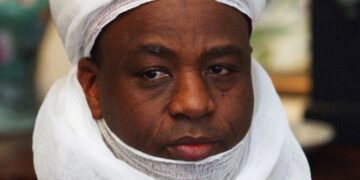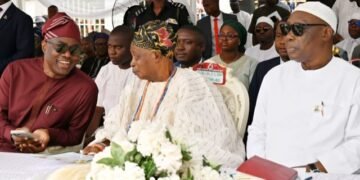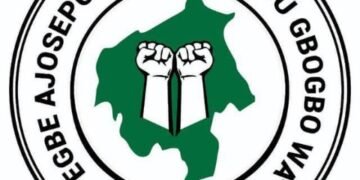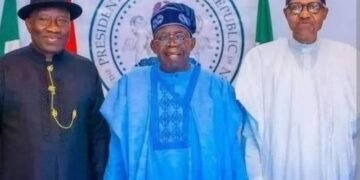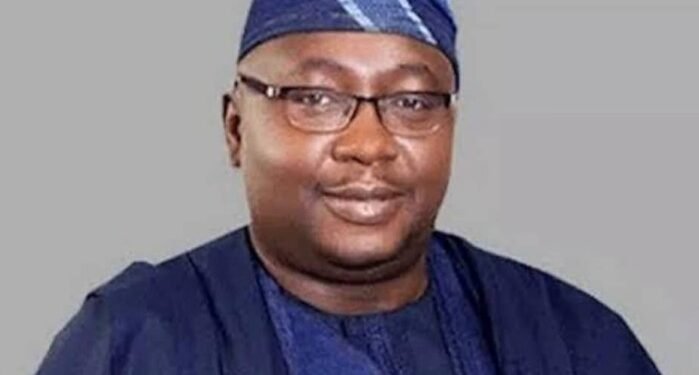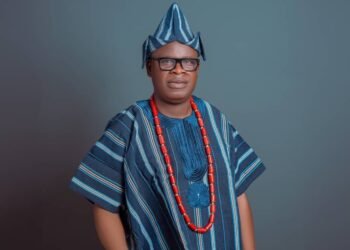In Nigeria, the issue of unreliable power supply has long been a topic of frustration and despair. Much like a child who grows up on milk, Nigerians have grown up accustomed to power outages, load shedding and constant disruptions. No Nigerian can truthfully say they haven’t been affected at some point by this ongoing crisis.
This unreliable power supply impacts nearly every aspect of daily life for the Nigerian citizens. Add to this the recent surge in gasoline prices and an increasing cost of electricity that remains as unreliable as ever, and it becomes clear that Nigerians are facing a heavy burden. The dream of stable power seems almost out of reach, leaving many to wonder if they will ever enjoy consistent electricity at home.
Every government that has come into power has made promises about fixing the electricity problem. Each administration seems to bring in new leaders, new plans and new reasons for the lack of steady electricity.
Today, Nigerians frequently hear the term, “National Grid Collapse”, a phrase that has become synonymous with this current administration. Under President Ahmed Bola Tinubu, the collapse of the national grid has been so frequent that it is practically expected. In fact, some Nigerians now refer to Chief Bayo Adelabu, the Minister of Power, as the “Minister of Darkness”– a nickname that reflects the frustrations of many who feel left in the dark, both literally and figuratively.
While promises of improvement keep coming, the reality on the ground tells a different story. Adelabu once stated that if Nigerians paid higher electricity tariffs, they would see improvements in power supply. Many Nigerians, hoping for relief from the endless blackouts, agreed to these higher tariffs. They trusted that this would finally bring about stable power, especially in a time of high inflation and rising exchange rates, which have made the cost of living increasingly tough. However, to their dismay, improvements have been minimal at best.
Adelabu, a first-class accountant with little experience in engineering or power supply, seems more focused on increasing revenue than on delivering solutions that could actually benefit ordinary Nigerians.
Instead of finding ways to ease the economic hardship faced by millions, Adelabu introduced a proposal for a $20 billion investment in the power sector, claiming it would be the key to steady electricity. This new plan, like the last, shifts the burden to the people, leaving Nigerians to wonder if their wallets will ever be enough to bring reliable power.
At the same time, the Economic and Financial Crimes Commission (EFCC) has also weighed in on the crisis, offering yet another explanation. EFCC Chairman, Ola Olukoyede, recently revealed that corruption within the power sector, especially among contractors, is a significant cause of the grid’s frequent collapses.
Speaking at a meeting in Abuja, Olukoyede expressed how deeply entrenched corruption has been within the power sector, describing it as a problem that would bring tears to anyone who understands its full impact.
For the Distribution Companies (Discos), however, this latest revelation from the EFCC seems to come as a relief. With the blame shifted onto corrupt contractors, Discos are now deflecting responsibility, sending out messages to customers explaining that the current power issues are not due to their own failures, but rather due to contractors who failed to deliver on promises. This has left many Nigerians paying for electricity they seldom receive, while Discos avoid accountability and point fingers elsewhere.
While the struggle for reliable power continues, Nigeria’s citizens are left grappling with both the emotional and financial tolls. Many are now questioning whether any change is truly on the horizon or if they will continue to endure the struggles of an inconsistent and costly power supply.
•Mogaji Arisekola writes from Ibadan.

